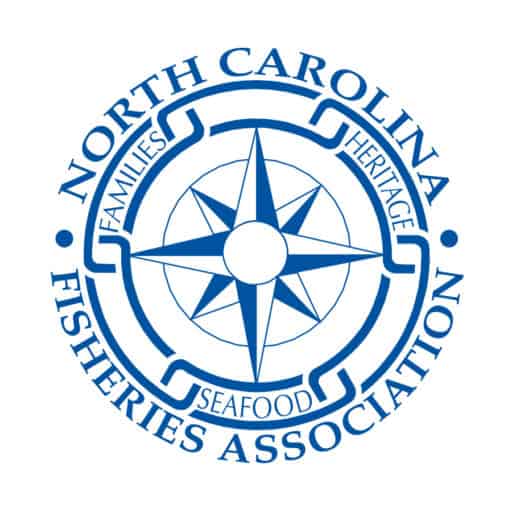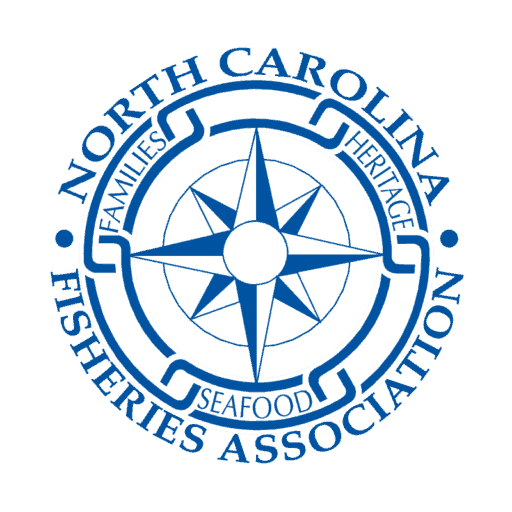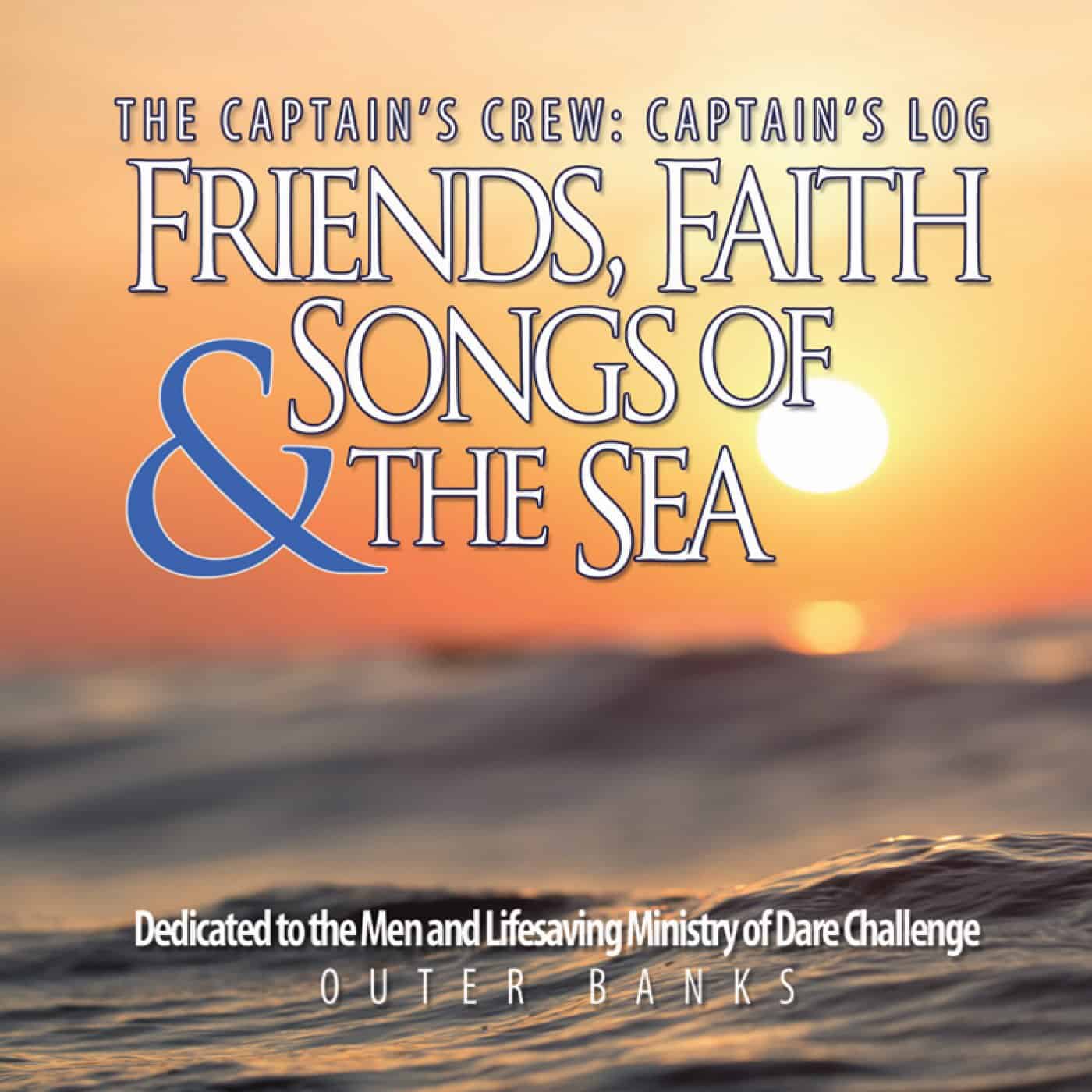Latent Commercial Fishing Licenses
Something that we keep hearing is only 40% of North Carolina commercial harvesters report landings while 60% never report landings. I heard it at the speckled trout scoping meetings, I hear it at Marine Fisheries Commission (MFC) meetings, and I see it written in articles. While technically this is true, it does not address why these licenses do not report any landings.
This issue was discussed during the February 2022 MFC meeting. NC Division of Marine Fisheries (DMF) staff gave a presentation about latent commercial fishing licenses looking at what is required by law, defined latent licenses, discussed latent license data, and looked at what time of year licenses were renewed (if they were renewed at all).
View the presentation here:
Listen to presentation given at February 2022 MFC meeting:
https://www.youtube.com/live/XjWHJv-5lBc?feature=share
Here is my summary and takeaway from the information presented by DMF staff.
To commercially fish in North Carolina coastal waters, a person must have a Standard Commercial Fishing License (SCFL) or a Retired Standard Commercial Fishing License (RSCFL). These licenses allow the person to use commercial gear and to keep commercial limits. These licenses have to be renewed annually or else the license goes back into the SCFL Eligibility Pool and is lost to the individual.
Commercially caught fish in NC that are sold can ONLY be sold to a licensed NC dealer. That dealer must then report those fish on a NC trip ticket. Commercial harvesters are also legally allowed to take fish home for personal consumption, just like recreational anglers (these fish cannot be sold). There is no reporting requirement for fish landed for personal consumption.
Looking at the latent licenses, DMF discussed three different scenarios that could be occurring with these licenses. The first scenario is that the license holder is not fishing at all (legal). The second scenario is that the license holder is fishing, selling to a dealer, and no trip ticket is being recorded (illegal). The third scenario is that the license holder is fishing but they are keeping all of their harvest for personal consumption and no data is gathered from a trip ticket (legal). All three of these scenarios are potential data gaps in commercial harvest. Fisheries management in all sectors have data gaps and the goal of NCFA and DMF is to fill these gaps the best we can.
One-way DMF has begun to close the latent license data gap was by changing the NC trip ticket program in 2017 to include a new code for personal consumption. In 2021, 4,144 pounds were recorded on trip tickets as harvested for personal consumption. New rules were also implemented for commercial license transfers to record these landings with the license holder and not the assignee.
Another tool DMF has used to try to find out why individuals did not report landings with their commercial license was the “Survey of Commercial License Holders for Personal Consumption of Seafood Caught with Commercial Gear”. This was mailing based pilot survey consisting of five questions sent to out to 2,000 commercial license holders. This report has caused some concerns, but the report had a clear disclaimer that it was a pilot study which could have had some response bias due to the request to estimate 12 months of fishing activity. Funding was not available to follow up with those surveyed and the report was never intended to quantify unreported landings.
The Data
Looking at commercial license data (SCFL and RSCFL) from 2001 to 2022 there has been a steady decline in the number of licensed issued every year. In 2001, 7,413 commercial licenses were issued, while in 2022 the number of commercial licenses issued was only 5,549. This accounts for a 25% reduction in license sold annually over the last 22 years.
Seeing as the DMF sells licenses throughout the year, the number of licenses sold annually and the numbers of license used cannot be uniformly applied the same number throughout the year. According to the 2021 license sales data, only 51% of licenses sold were sold before last year’s license expired. Meaning 49% of the license were not able to commercially harvest fish for at least some portion of the license year.
Further breaking down the 2021 license sales data, 33% were renewed in the period of July through November, 4% were renewed December through March, and 12% were renewed April through June. And 58 licenses were renewed on June 30th, the last day before the license was lost and reverted back to the Eligibility Pool. Therefore, these license holders had less than 24 hours to legally harvest fish before their license expired again! And a total of 123 commercial licenses were not renewed in 2021.
Another item to note, in 2021 only 2,178 Estuarine Gill Net Permits were issued. These are the only commercial fishers legally allowed to harvest southern flounder with gill nets during the open commercial season. The latent license without Estuarine Gill Net Permits cannot harvest flounder with gill nets and therefore one cannot assume all latent licenses are actively fishing for flounder with gill nets for personal consumption.
Conclusion
While it may be true that 60% of commercial fishing licenses do not report landings, this does not necessarily mean that all of those licenses are active. The primary reason for renewing your commercial license is to sell fish. The cost of maintaining your vessel and gear alone incentives you to sell your catch! In fact, one reason individuals hold a commercial license is just to have the option to sell catch a few times a year to offset costs on a recreational trip. Another reason some individuals hold a license, is just to have it as an option for themselves or to pass the license to their children in the future. I personally used to hold a Virginia commercial fishing license for the option to harvest fish in the future, but after 5 or 6 years of not using it, I chose to let the license go.
The latent commercial licenses in NC does pose a data gap, how big of a data gap, we do not know. But it is a position held by NCFA to close this data gap as well as others. The only way to get accurate data is to obtain more data. We believe that every fish that anyone interacts with needs to be accounted for. We need to know how many fish commercial harvesters bring home for personal consumption. We need to know how many fish recreational angler’s harvest. We need to know how many fish are released from both sectors and we need to know how many of those released are dead discards.
Without a clear picture of ALL the people fishing in our state we are going to continue to have data gaps that keep us from achieving optimum yield. Data gaps lead to uncertainty, uncertainty leads to precautionary management approaches, and precautionary management approaches lead to less fish for everyone!
Thomas Newman
Fisheries Liaison
Press Release.
The Captain’s Crew “Friends, Faith & Songs of The Sea” supports Dare Challenge.
Contact: Ken Mann 252 473 3024, Captain, Dustin Daniels 252 305 1129
In the year 1997 The Captain’s Crew released their first album, “Amazing Grace” and now 25 years later, The Crew is proud to announce the release of their 10th album,” Friends, Faith & Songs of The Sea”. The 13-song collection has an acoustic/bluegrass flavor with a nautical theme. The album has been dedicated to Dare Challenge of the Outer Banks, a faith-based drug and alcohol rehabilitation program.
All proceeds from the sale of this collection will go to benefit the ongoing work of the Dare Challenge Organization. The mission at Outer Banks Dare Challenge is to help people who have life-controlling problems and initiate the discipleship process to the point where the student can function as a Christian in society, applying spiritually motivated Biblical principle to relationships in the family, local church, chosen vocation and the community. Dare Challenge endeavors to help people become mentally sound, emotionally balanced, socially adjusted, physically well and spiritually alive. You are encouraged to pray daily for the Dare Challenge and those who are enrolled in and administer the program.
The musicians on the album, include members of the Captain’s Crew, as well as other artists who have joined the band in services and concerts, at fairs, festivals and churches, including The North Carolina State Fair, The Midnight Jamboree, The Nashville Cowboy Church, Merle Fest and Singing on the Mountain.
The band has appeared with such notable artists as The Dixie Melody Boys, The Laymen, John Anderson, Ricky Van Shelton, The Kingston Trio, Ronnie McDowell, The Chairman of the Board, the late George Hamilton IV, The Anchormen, Just Inspired, Undivided, Michael Combs, The Greenes and Wanda Jackson.
The Captain’s Crew sang to a nationwide TV audience when they appeared on the television special, “An Outer Banks Christmas” and the “George Hamilton” special on the NC PBS Network. Two of their nine previous albums were listed for eligibility for Grammy consideration, and their songs can be heard on radio stations around the world including XM Satellite Radio.
The first release from the album, “Master of the Sea”, is song by Thomas Baum, a commercial fisherman and crabber most of his life. The song reached #1 in January 2023 on the Music to Radio FM Charts adding to a long list of top songs from the Crew over the years.
The Captain’s Crew, “Friends, Faith & Songs of the Sea” can be streamed on all major platforms including Spotify, Apple Music, Amazon, Napster, and Pandora. You can find the band online at www.thecaptainsmusic.com.
For more information or to offer support to Dare Challenge visit www.outerbanksdarechallenge.org or call 252 473 6462.
https://youtube.com/playlist?list=PLXMbSZG-HQHxi86fIxRWBsjGKAPESOLlM


